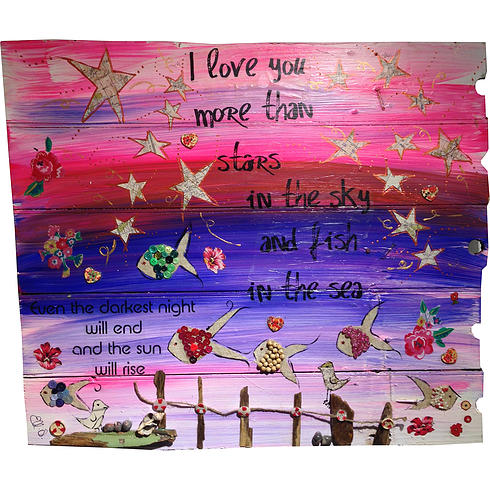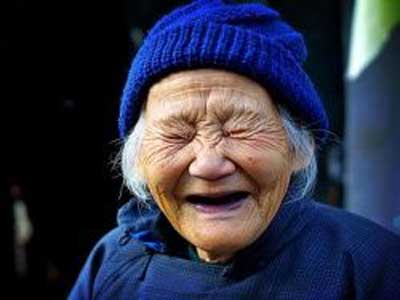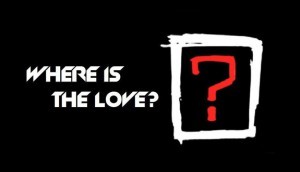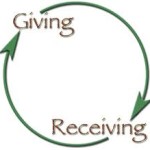In the USA, doctors have the highest rate of suicide of any profession. In the UK, a similar picture unfolds. Why is it, that 69% of all physicians suffer with depression at least one time in their career? It could be because of the high workload, high stress, high demand, an increased sense of professional isolation coupled with a growing powerlessness to effect change to the systems that often work against the real healing of people.
I think all of those reasons are there for sure. But I also think that as doctors become increasing slaves of a system, they lose touch with themselves, the things that make them unique, and are expected instead to act like robots, or cogs in a machine that get people just well enough to return to work and be of benefit to the economy. We have managed to disconnect clinicians from their own sense of humanity. But the art of healing is so much more holistic and profound than the science of clinical medicine.
 If I were to design a health centre, it would not look like any of the places I work in. They are all far too clinical and are probably not very conducive to healing. For starters, there would be a whole lot more natural light, with beautiful artwork (I have some amazing pieces in my room now, by a brilliant local artist, Emma Hamilton) and sense of a continuum with the landscape. There would be places for people to talk with each other around tables where food and drink could be served, isolation broken and community restored. There would be places to encourage exercise or mindfulness through colouring. My room would have a piano in the corner and it would be filled with art, poems, quotes and there would be huge windows with magnificent views of the sea.
If I were to design a health centre, it would not look like any of the places I work in. They are all far too clinical and are probably not very conducive to healing. For starters, there would be a whole lot more natural light, with beautiful artwork (I have some amazing pieces in my room now, by a brilliant local artist, Emma Hamilton) and sense of a continuum with the landscape. There would be places for people to talk with each other around tables where food and drink could be served, isolation broken and community restored. There would be places to encourage exercise or mindfulness through colouring. My room would have a piano in the corner and it would be filled with art, poems, quotes and there would be huge windows with magnificent views of the sea.
And my consultations (which could be conducted outside whenever possible!) would use not just my clinical knowledge, but would reflect more of  who I am. Even now, I spend a lot of time laughing with my patients. Laughter is so good! It is healing in and of itself. There would be time for music. I would sing to my patients (they might well leave faster!)……Every doctor I know has talents, gifts, hobbies, and hidden depths that are rarely used when they encounter their patients. I wonder how much more effective we might be as healers, if we reconnected with the God-given sense of who we are and what makes our own hearts sing.
who I am. Even now, I spend a lot of time laughing with my patients. Laughter is so good! It is healing in and of itself. There would be time for music. I would sing to my patients (they might well leave faster!)……Every doctor I know has talents, gifts, hobbies, and hidden depths that are rarely used when they encounter their patients. I wonder how much more effective we might be as healers, if we reconnected with the God-given sense of who we are and what makes our own hearts sing.
I love the story of the Obstetrician from Pittsburgh, who sings to every baby he delivers. What a beautiful thing. What might we all do more of as clinicians, if we thought of ourselves as healers? What spaces might we create? What might our consultations become? I wonder if we did this…..would we be less depressed and more happy in our work? And might we be more effective in gifting wellness to our communities?



